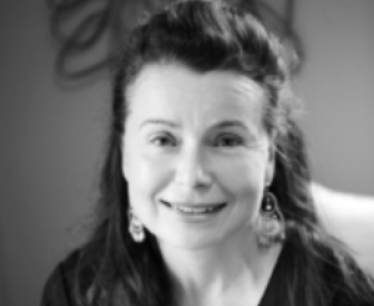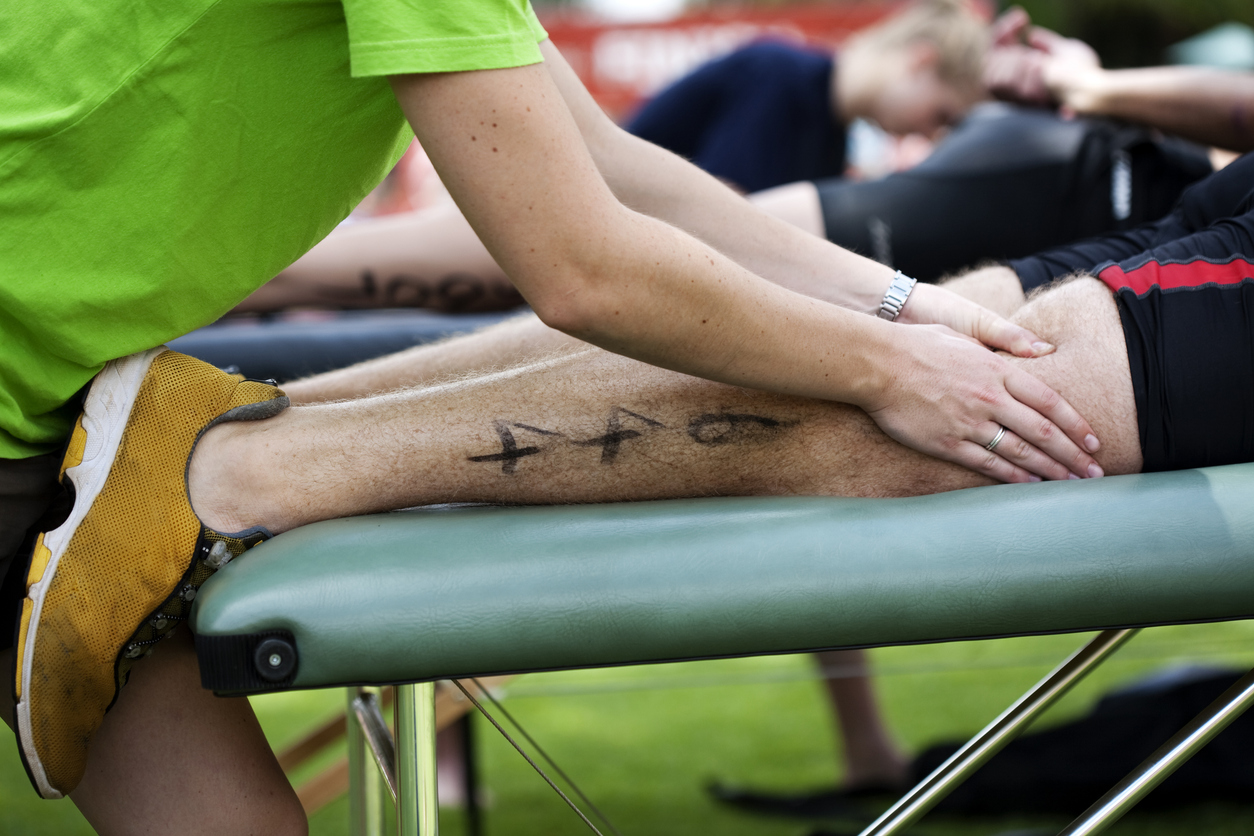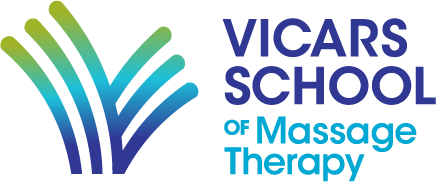For Lucie Bozdech, becoming a Registered Massage Therapist wasn’t just about starting a new career. It was about starting a new life. And she couldn’t be happier with the results.
Lucie came to Canada as a little girl after fleeing Czechoslovakia, now Czechia, with her family during the Cold War.
As an adult, she wanted to discover her roots and get to know her aging grandmother better, so she went back, thinking she would be there for a short stint teaching English. She ended up staying nine years. Eventually, however—after her grandmother’s passing, a marriage, and a divorce—it was time to come home. She returned to Canada with her toddler son, looking to reinvent herself.
Lucie researched colleges and universities, trying to find a program or course of study that would resonate with her. At the urging of a good friend who was already a successful massage therapist, Lucie began looking into massage therapy, booking appointments with several schools.
The first place Lucie walked into was Vicars School of Massage Therapy in Calgary.
“As soon as I entered, I thought ‘Oh, this feels right,’” Lucie says. “Sarah [Ward-Bakken] was the presenter and she answered all my questions and I was convinced right then that this was the school for me.”
Lucie took Vicars’ full-time, two-year course, choosing the weekly class schedule. She found she was able to work part-time, care for her son, and keep up with the required practice and at-home academic assignments.
“What made Vicars stand out for me was that they are so flexible in meeting your lifestyle needs,” she says.
Any illusions she had about massage therapy training being easy were quickly dispelled, though.
“It was extremely intense, as intense as getting a university degree,” Lucie says. But she loved every moment of it. “I’m from a medical family. Anatomy, physiology, circulation—I loved the science-based curriculum and practical knowledge.”
When she graduated in 2015 and was looking for a job, she found the Vicars School name opened doors.
“In every interview, people said with a Vicars grad they knew they would be getting a highly trained massage therapist who performed very well, hands down,” Lucie says.
Lucie found her dream job at Salt Water Wellness Centre in Cochrane, owned by a registered massage therapist, which employs eight massage therapists.
“It’s such a positive environment,” says Lucie.
Massage therapy’s stress-free, positive, nurturing aspects are huge reasons why Lucie chose it as a career. She gives an example of one of her clients, an older woman who had lost her husband after nearly 50 years of marriage, whose doctor told her to try getting a massage.
“When she came in, I felt the heaviness of the grief in the room,” says Lucie. “I slowly started talking to her during the massage and she cried and then opened up and poured her heart out to me.”
After each of her subsequent monthly massages the client left feeling a little bit better.
“The other day she gave me a hug and thanked me for helping her through the most difficult time in her life,” says Lucie. “We’re not psychologists by any means, but it’s such an intimate situation to be in and for those of us who are empathetic it can be a wonderful addition to somebody’s care.”
Another reason Lucie loves working at Salt Water is the 18-minute drive to Cochrane from her home in Calgary each day. “On that drive I see the foothills, the mountains, and the water and I think about how lucky I am.”
The other major reason she appreciates the career is the freedom that it gives her to travel.
“I consider myself international and massage therapy is a skill that is international. When my son is done high school, I have zero qualms about moving anywhere in the world. That’s the beauty of this career: you can take it anywhere.”
Canadian massage therapy standards are among the most rigorous in the world. Vicars’ students receive 2200 hours of training, a prerequisite for provincial and national accreditation. Standards in other countries vary. Czechia, for example, requires only 150 hours of training to obtain licensing. When Lucie, who is fluent in Czech, travels with her son to Czechia each summer, she works on a casual basis for a company that offers therapeutic massage to its employees.
The other aspect of massage therapy that Lucie values is the financial reward. “You get back what you put in,” she says. “I work hard and that’s reflected immediately in my pay cheques, whereas at a nine-to-five job you can work hard but you won’t see the results until you get a promotion or raise.”
Although Lucie works hard, she is always mindful of preserving her own health and strength. She’s met younger massage therapists who have issues from giving massages because they have neglected self-care. Again, it was her Vicars instructors who drilled the importance of correct body mechanics into her during training.
“I remember that more than anything else from school,” she says. “That grounding in proper body dynamics and form is always in my head.”
Looking back on her training Lucie says that the most important aspect about Vicars is how the students were treated. “All sorts of people come to Vicars from all sorts of situations, whether they hadn’t been to school for a long time, or they had full-time jobs, or spouses and families,” she says.
“What I loved about Vicars is that they are there for you and will do everything to help you be successful.”




